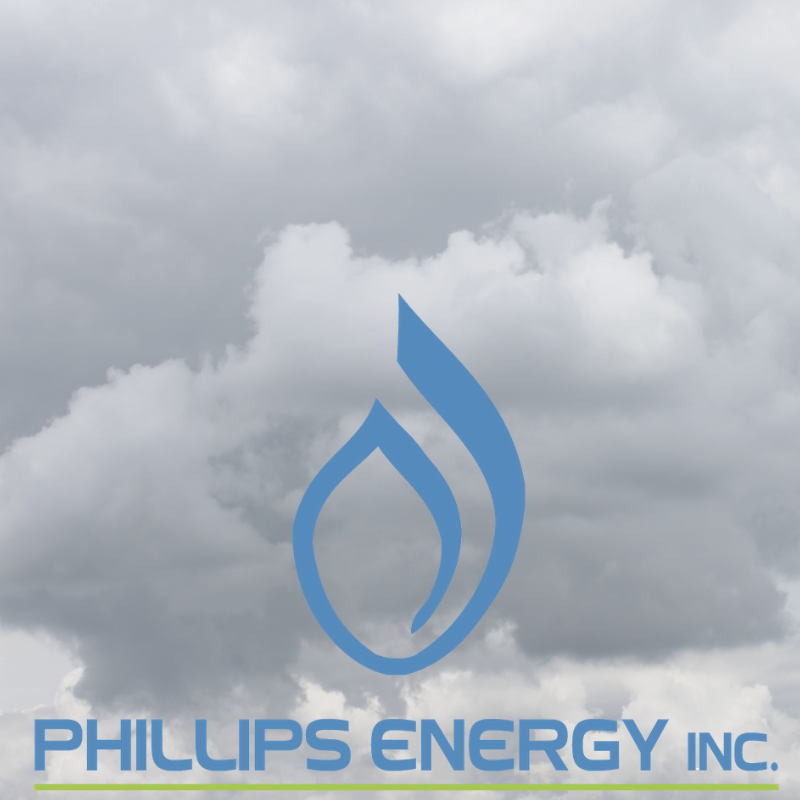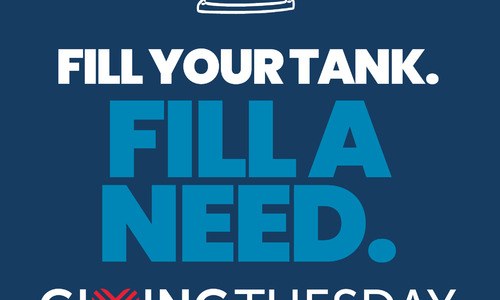Propane Hurricane Preparation and Safety Tips from PERC and Phillips Energy

Each year, as noted by the Propane Education & Research Council (PERC), hurricanes endanger the lives of thousands of people and cause extreme property damage. As we all live in the coastal Virginia region, Phillips Energy customers can be in the path of such storms.
If your home uses propane, please consider these few simple steps, provided by PERC, to keep your family safe.
- In flood zone areas, check to make sure your large above-ground and underground propane tanks are anchored securely. Questions? Contact us here at Phillips Energy for more information.
- Create and review with your family your emergency preparedness plan.
- Post an emergency contact list that includes us here at Phillips Energy as well as emergency services in your locality, to include fire department and law enforcement.
- Be sure you know how to turn off your propane, electricity and water supplies. But remember, if you do need to turn off your propane, contact a service technician here at Phillips Energy to inspect your propane system BEFORE you turn it back on.
- Check your propane supply and before a storm hits ensure you have an adequate supply. During and after a major hurricane or other weather event, propane deliveries may not be readily available due to roads being closed or blocked.
- In the event that a hurricane threatens your safety, turn off the main gas supply valve on your propane tank, if it is safe to do so, PERC recommends. To close the valve, turn it to the right (clockwise). Also, consider turning off the gas supply valves located near individual indoor appliances.
- Stay tuned to your local media – social media channels, radio and online – to determine if you need to evacuate. If you do evacuate, use extreme caution when returning to your property.
- After the hurricane danger passes and it is safe to do so, check the entire area for downed power lines, damaged gas lines, or damage to your propane tank. Please note that high winds and floods can move, shift, or damage gas lines and tanks.
- When checking for damage to gas lines and tanks, if it is dark, use flashlights, not candles. If you locate a hazard, immediately call Phillips Energy.
- If you find a propane tank on your property that is not yours after a storm, or if your propane tank has become dislodged or is missing, contact Phillips Energy or your local fire department immediately.
- Never use outdoor propane appliances indoors or in enclosed areas, particularly during a power outage. This can result in carbon monoxide poisoning or death. These include such appliances as outdoor portable heaters, barbecue grills, and portable generators. Only use appliances indoors that are designed and approved for indoor use.
- Never store, place or use a propane cylinder indoors (that includes basements, garages, sheds, or tents).
- Inspect your propane appliances for water or other damage, if it is safe to do so. If the appliances have electric components and have been exposed to water, they can create a fire hazard. Do not ever turn on a light switch, use any power source, or inspect your household appliances while standing in water. This can result in electrocution.
- Schedule a time for a qualified service technician from Phillips Energy to perform a complete inspection of your propane system if you suspect any of your propane appliances, equipment, or vehicles have been under water or damaged, or you have turned off your gas supply. Never use or operate appliances, equipment, or vehicles, or turn on the gas supply, until your system has been inspected by a qualified service technician.
- Do not attempt repairs to any of your propane tanks, lines, or appliances yourself.
